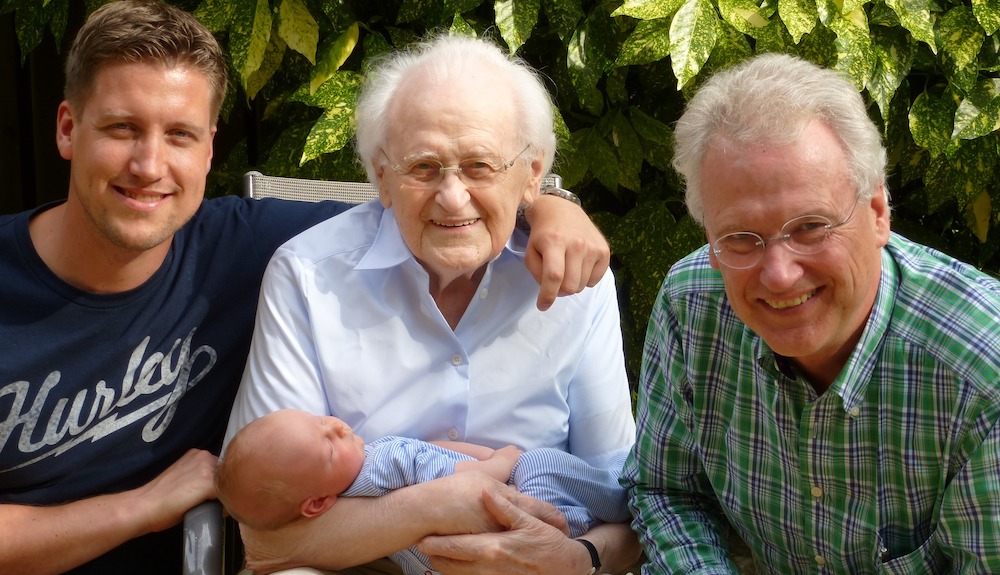
When I was litigating custody matters, before I learned mediation and collaborative law, I confess that I dismissed parents’ concerns about their adult children. From a legal perspective, the court has no authority to make decisions about children who are over 18 years of age, so I focused only on minor children. That made perfect sense in terms of court strategy. However, it did not take into account the effect of parental divorce from a whole family perspective.
I recently read a book titled Home Will Never Be the Same Again: A Guide for Adult Children of Gray Divorce, by Carol R. Hughes and Bruce R. Fredenburg, two experienced marriage and family therapists. They use the term “gray divorce” as shorthand when referring to individuals who get divorced at age 50 or older. Studies have shown that in the United States, the divorce rate for people in this demographic more than doubled between 1910 and 1990. Naturally, as the number of gray divorces has climbed, so has the number of adult children seeking therapy due to the impact of their parents’ divorce. The authors heard repeatedly from these children that the most important people in their lives frequently ignored or dismissed them when they tried to talk about their concerns and emotional experiences.
During a divorce, most couples already have so much to worry about that it can be a relief to think that they don’t need to be concerned about the welfare of their adult children. Yet even adult children with families of their own can experience a loss of identity, wondering whether their childhood and adolescence were based on a foundation of lies. They grieve the loss of family togetherness and their dreams about family celebrations and traditions.
Families are systems. When divorce occurs, family dynamics change. Suddenly, instead of giving support, parents are the ones who need support – emotional and maybe even financial. Siblings who were once close to each other might now be angry with one parent or the other and now resent the other sibling for keeping in contact with the parent who they consider to be the bad guy. Even if the family system was dysfunctional before the divorce, the unfamiliar roles and boundaries can create emotional pain for some, if not all, family members.
If you are experiencing the likelihood of going through a “gray divorce,” you might find a few of my takeaways from the book to be helpful.
Make your adult children’s celebratory events about them, not about you.
The authors of this book heard time and again how divorced parents, who are still hurt and angry with each other, ruined weddings, graduations, grandchildren’s birthday parties, and similar events. Rather than allowing resentment and anger to become the new family normal, set a goal to attend family events with generosity, so that your adult children can still feel a sense of family.
Respect generational boundary lines: your adult child is not your therapist, confidant, or dating buddy.
Avoid discussions about the other parent’s horrible behavior, what went wrong in the marriage and the legalities of your divorce process. Although it may temporarily feel good to be close to your adult children in this way, remember your children are part of both of you and that by trying to win them to your side, you may create a reaction opposite to the one you want.
Avoid expecting your adult children to adjust immediately to your new life or new relationship.
Just as younger children will see their parents as a unit, adult children will also need time to adjust before being able to view their parents separately from their past life together as a family unit. Although you may feel positive about moving on and want your children to share in your happiness, the divorce has shattered a part of their lives and it may take time for them to make that shift. Be patient.
Just as with young children, the amount of negative interparental conflict affects how well an adult child will adjust and heal.
Remember that your former partner will always be your co-parent, no matter how old your children are. If you create a positive co-parenting relationship, you will create a win-win situation for yourself and your children. Choosing a family-focused, out-of-court divorce process such as mediation or collaborative law gives you the opportunity to minimize the emotional and financial costs that so often accompany litigated divorces.

